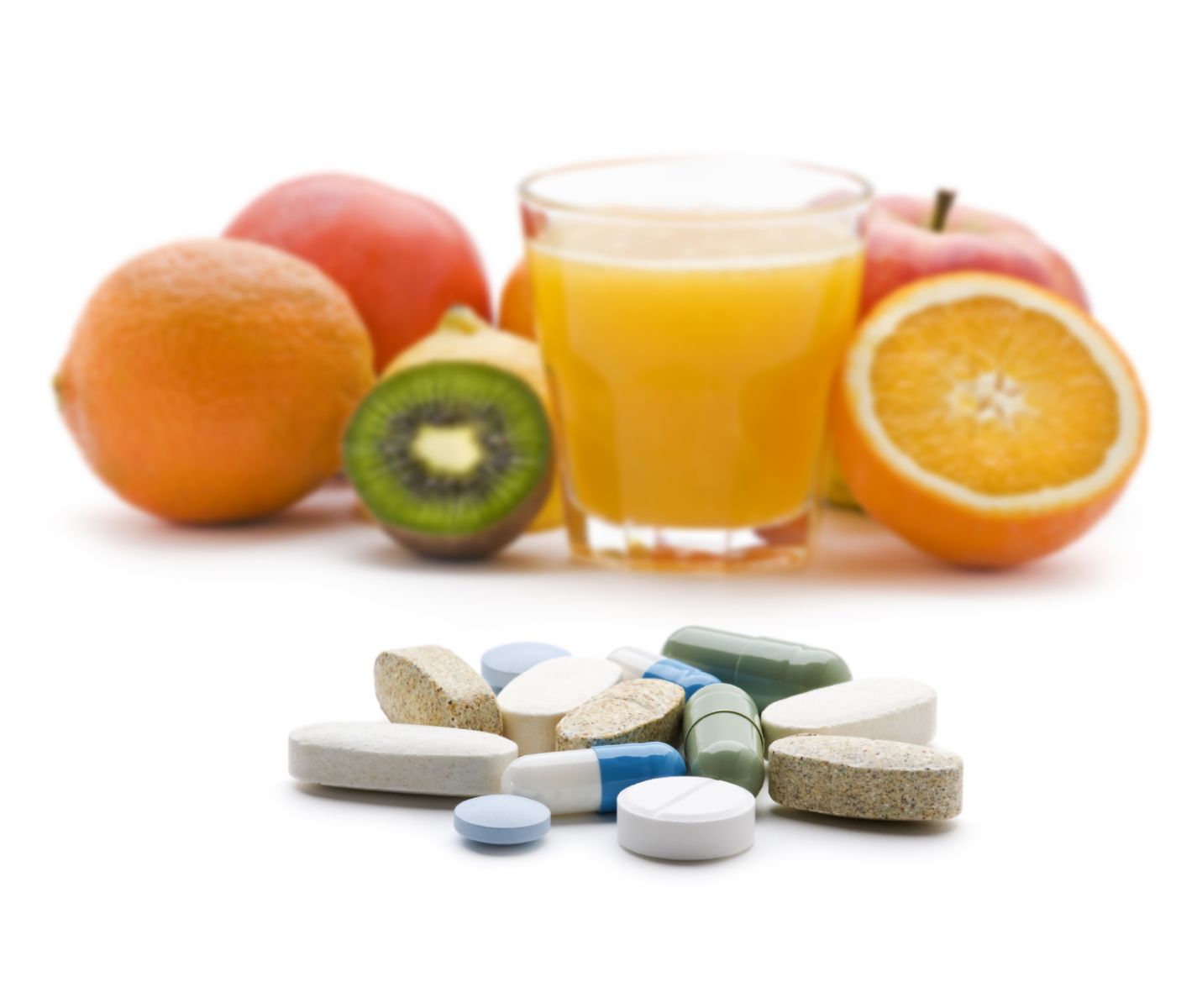Best source of vitamins? Your plate, not your medicine cabinet 
Image: iStock | Vitamin and mineral supplements from a bottle simply can't match all the biologically active compounds teeming in a well-stocked pantry. By focusing on the big picture, it's easy to get plenty of the vitamins, minerals, and other micronutrients you need to keep you healthy and prevent disease. Here are some tips. Fiber. It's the part of plant foods that we can't digest. Eating foods high in fiber helps reduce total and LDL ("bad") cholesterol, improve blood sugar control, and prevent constipation. High-fiber foods also help with weight loss by making you feel full. There are lots of high-fiber foods to choose from: -
brown rice -
bulgur (cracked wheat) -
barley -
oats -
nuts -
beans and lentils -
apples -
blueberries -
carrots Vitamins and minerals. Vitamins are organic substances found in plants and animals. Minerals are inorganic elements from the earth (soil and water). Both are essential for normal growth and optimal health. Here's a list of vitamins and minerals that are crucial for good health, plus the best food sources of each: -
iron — meat, poultry, fish, and beans -
vitamin A — carrots, sweet potatoes, spinach, kale -
vitamin B12 — meat, poultry, fish -
vitamin E — nuts, seeds, vegetable oils Phytochemicals. Phytochemicals are chemicals made by plants. They are not essential to life, but they do have a positive effect on health. Diets rich in phytochemicals have been associated with a lower risk of chronic diseases, such as cancer and heart disease. They are found in fruits, vegetables, beans, and grains. The following is a list of key phytochemicals, plus the best food sources of each. -
flavonoids — blueberries, raspberries, strawberries, blackberries -
carotenoids — orange vegetables such as carrots, sweet potatoes, and winter squash -
lycopene — tomatoes -
isoflavones — soy foods, such as soybeans (or edamame) -
resveratrol — red grapes -
catechins — teas Be creative Adding finely grated carrots or zucchini to pasta sauce, meat loaf, chili, or a stew is one way to get an extra serving of vegetables. Dip vegetables into hummus or another bean spread, some spiced yogurt, or even a bit of ranch dressing. Slather peanut butter on a banana or slices of apple. Try mashed avocado as a dip with diced tomatoes and onions, or as a sandwich spread, topped with spinach leaves, tomatoes, and a slice of cheese. To learn more ways to ensure that you get the vitamins and minerals your body needs, buy Making Sense of Vitamins and Minerals, a Special Health Report from Harvard Medical School. | 
